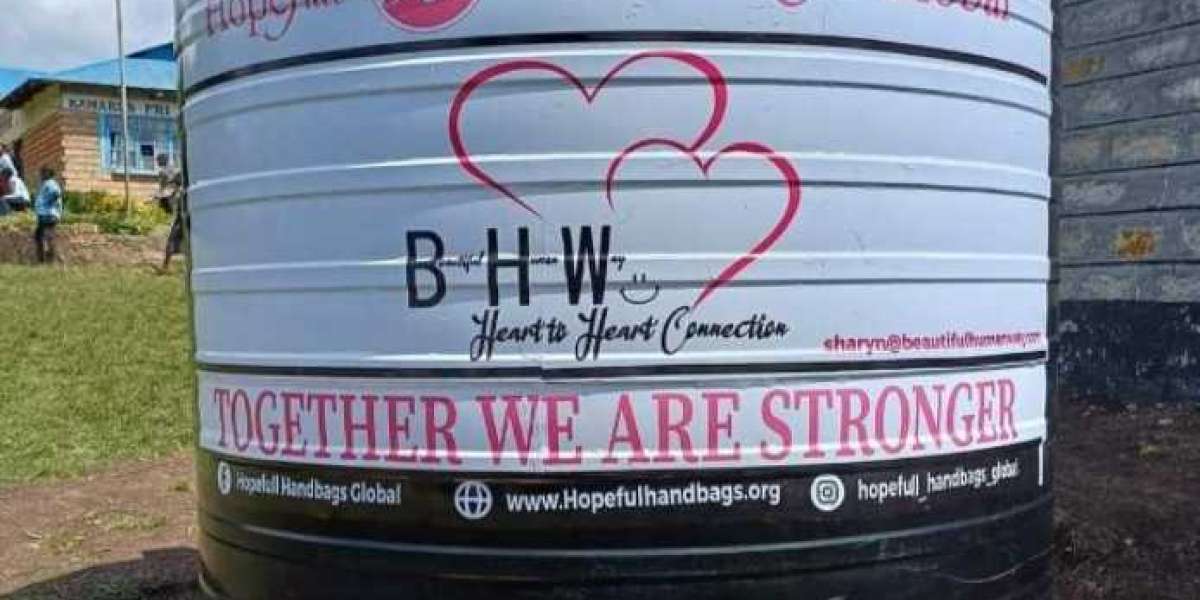Since gaining independence, African nations have been actively striving to establish African curriculum-based schools as a complement to those founded by missionaries and the colonial government. A persistent challenge throughout this endeavor has been economic constraints impacting infrastructure development. Furthermore, significant financial resources are allocated to curriculum reforms aimed at aligning with African needs and integrating aspects of cultural heritage into the educational framework. Consequently, it has been unsurprising to find community schooling taking place under trees in some rural areas, underscoring the infrastructure deficit. This situation necessitated the construction of temporary classrooms utilizing materials such as iron sheets or timber. These rudimentary structures preceded the modern permanent classrooms prevalent today. This historical context elucidates why governments have prioritized school infrastructure, curriculum implementation, and teacher recruitment. In this process, however, crucial considerations such as water harvesting strategies and the overall welfare of students have often been addressed as secondary concerns. Fortunately, organizations like Hopeful Handbags Global have recognized these critical gaps and have become valuable partners in the effort to ensure the general well-being of students in Kenyan schools. Their provision of water tanks for rainwater collection is a prime example of their impactful work, representing just one facet of their broader initiatives.
Across numerous parts of rural Kenya, schools have long grappled with a fundamental challenge: the lack of access to clean, reliable water. For students, particularly those in arid and semi-arid regions, the absence of water has had far-reaching consequences beyond mere thirst. It has contributed to poor hygiene, elevated rates of absenteeism—especially among girls—and heightened susceptibility to disease. Recognizing this urgent need, Hopeful Handbags Global, a humanitarian organization deeply committed to empowerment and sustainability, launched a transformative water tank donation program specifically targeting schools that previously lacked access to safe water sources.
The organization’s operational approach is characterized by both careful planning and a structured methodology. Each project commences with a thorough community needs assessment. Hopeful Handbags Global collaborates closely with local leaders, school administrations, and education stakeholders to gain a comprehensive understanding of the specific water-related challenges present in each location. These assessments delve into whether the primary issue is water scarcity, contamination, or insufficient storage capacity. Environmental factors, such as rainfall patterns, terrain characteristics, and the presence or absence of existing water infrastructure, are also meticulously considered. The organization’s focus is particularly sharp on schools situated in drought-prone areas and underserved communities, where the detrimental impact of water scarcity on education is most pronounced.
Once a school’s specific needs have been clearly identified and understood, the organization determines the most suitable type and capacity of water tank. In the majority of cases, durable plastic tanks are chosen due to their relative affordability, ease of transportation, and straightforward installation process. The sizes of the tanks vary depending on the school’s student population, with some having a capacity of up to 10,000 liters to adequately meet the daily water requirements of both students and staff. The decision-making process also takes into account whether the tank will remain in a fixed location or if there is a need for mobility to support emergency water access or potential changes in usage.
However, the mere presence of a water tank is insufficient to address the underlying issue. A critical concern is the availability of a sustainable and safe water source to fill the tank. Hopeful Handbags Global ensures that each recipient school has access to such a source. For many institutions, this involves implementing rainwater harvesting systems, complete with carefully designed gutters and first-flush devices. Rainwater is primarily utilized for cooking and drinking, particularly during extended dry periods when previously collected water reserves prove invaluable. Sustainability remains a paramount consideration, with systems designed to function effectively throughout the year, mitigating the impact of seasonal variations in rainfall.
The placement of the water tanks is meticulously planned. Installations are carried out on elevated, stable ground to facilitate gravity-fed water flow and to prevent issues such as erosion or flooding. Tanks are strategically positioned for convenient access, often in close proximity to classrooms or sanitation facilities, ensuring that students—especially younger children—can safely and easily obtain water. The security of the tanks is also given high priority, with the implementation of fencing or other protective measures where deemed necessary. Importantly, local community members are actively involved in this entire process, contributing to the construction and setup, which fosters a strong sense of ownership and responsibility.
Hopeful Handbags Global’s commitment extends beyond the physical installation of the water tanks. Community involvement is an intrinsic element of their long-term vision for sustainable impact. Comprehensive training programs are conducted for school staff, students, and local community committees. These programs cover essential topics such as water conservation techniques, proper tank maintenance procedures, hygiene best practices, and disease prevention strategies. In numerous instances, student-led water clubs are established to champion cleanliness and ensure regular upkeep of the water systems, providing learners—particularly girls—with valuable opportunities to assume leadership roles within their schools.
Ensuring long-term sustainability remains a central concern for the organization. To guarantee the continued functionality of the water systems, students are consistently encouraged to avoid letting the taps run unnecessarily while drinking water. They are also encouraged to bring their own water bottles to discourage the “hand fetching technique,” which often leads to water wastage. This focus on long-term sustainability also encompasses proactive planning for seasonal changes in weather patterns, potential population growth within the community, and broader environmental impacts, ensuring that the implemented water systems will continue to function effectively and adequately meet the community’s needs well into the future.
Health and environmental considerations are also integral to the organization’s approach. The water tanks are equipped with secure covers to effectively prevent contamination, particularly from dust during the dry season, and proper drainage systems are installed to mitigate the risk of mosquito breeding and waterlogging. Schools that have benefited from tank installations report a significant decrease in the incidence of waterborne illnesses among their students. Teachers have also observed improved student hygiene practices and a notable improvement in overall attendance rates, particularly among girls, who can now attend school more comfortably and consistently, even during menstruation.
Compliance with all relevant local regulations is handled with diligence and care. Hopeful Handbags Global actively liaises with pertinent government departments to secure all necessary permits, especially when water tanks are being installed on public school property. This proactive approach ensures that the organization’s work is legally sound and strengthens the collaborative relationships between the organization, the government, and the communities they serve.
The organization also places a high premium on transparency and accountability in all its operations. Donors are consistently kept informed about where and how their financial contributions are being utilized, and regular updates detailing the outcomes and impact of each project are shared. By actively collecting stories and testimonials from the beneficiaries of their programs, Hopeful Handbags Global not only effectively tracks the tangible impact of its efforts but also fosters further support and encourages broader collaboration. Numerous compelling testimonies have been received from various schools that have directly benefited from this vital project, including Sabunit Primary (where the author has personally witnessed the impact), Kipranye Primary, and Ebenezer Primary, among others. The profound gratitude evident in the expressions of the students and community members during the project launches underscores the critical importance of addressing issues that significantly affect students, in addition to the primary role of schools in providing education.
The water tank donation program has demonstrably had a profound and transformative impact on the lives of countless individuals. In schools that were once severely challenged by water scarcity and high rates of student absenteeism, children now have consistent access to safe, clean water. This seemingly simple yet incredibly powerful change has led to significant improvements in hygiene practices, enhanced student academic performance, and a restoration of dignity within the school communities. Hopeful Handbags Global’s impactful initiative is not merely about the provision of water tanks—it is fundamentally about transforming lives and empowering brighter futures for generations to come.
Water, as the organization often emphasizes, is essential for life—a principle reinforced by their unifying motto, "Together we're stronger." By ensuring that clean water is readily accessible to the schools that are in the greatest need, Hopeful Handbags Global is playing a crucial role in ensuring that both life and learning can truly flourish within these communities.








